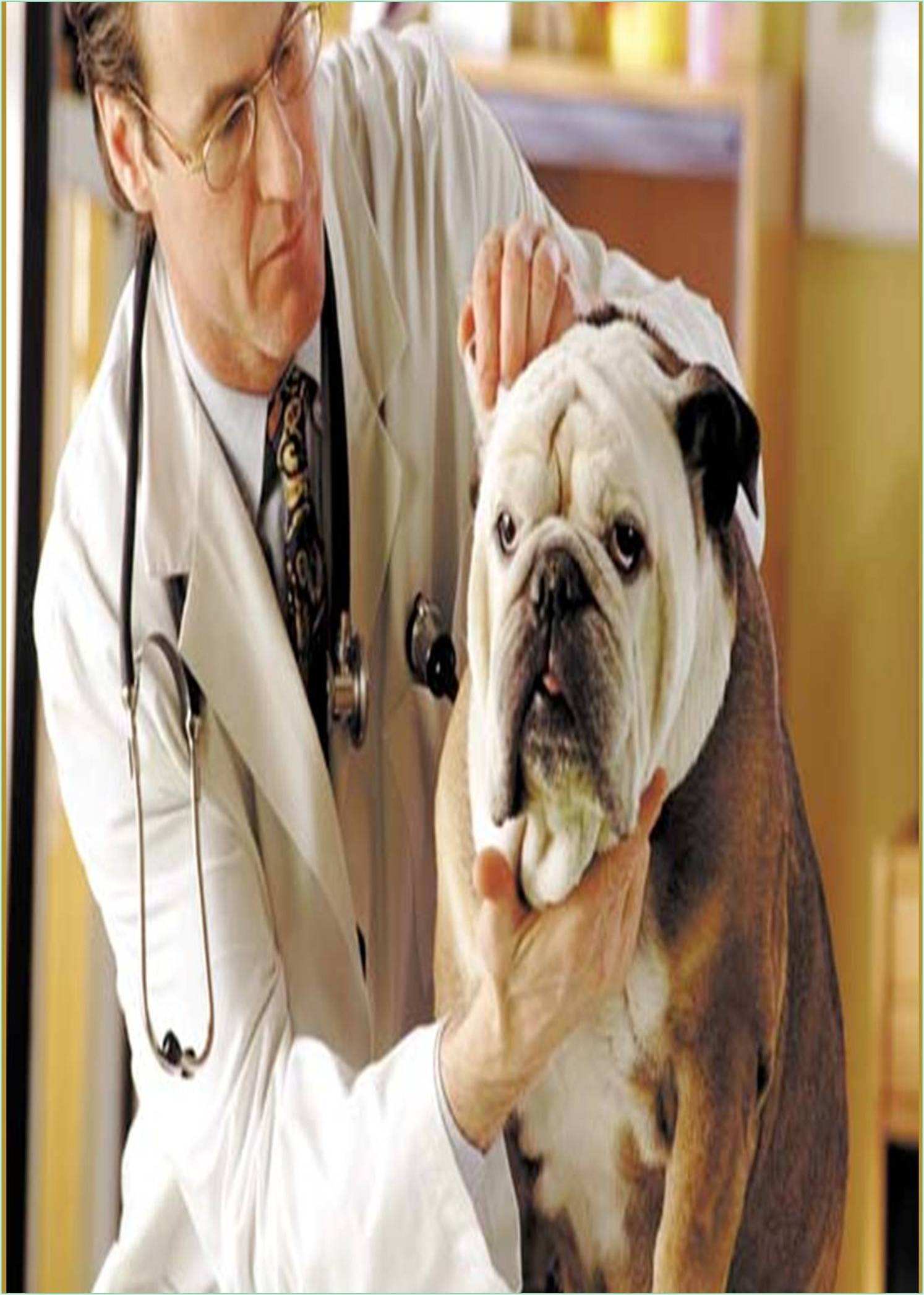



Received: 07-Feb-2022, Manuscript No. GJVMR-22-59208; Editor assigned: 09-Feb-2022, Pre QC No. GJVMR-22-59208 (PQ); Reviewed: 24-Feb-2022, QC No. GJVMR-22-59208; Revised: 04-Mar-2022, Manuscript No. GJVMR-22-59208 (R); Published: 11-Mar-2022, DOI: 10.15651/GJVMR.22.10.001
Veterinary medicine is the application of medical principles, diagnosis and treatment to companion animals, domestic animals, exotic pets, wild animals and production animals.
Veterinary science is essential for the study and protection of livestock practices, the health of livestock and monitoring of the spread of diseases in general.
It requires the acquisition and application of scientific knowledge in many fields and the use of technical skills for disease prevention in domestic and wild animals.
Human health is protected by veterinary science working closely with a wide range of health professionals through careful animal health monitoring and a unique training program in epidemiology and infectious diseases. Veterinary medicine is not as old as the relationship between humans and animals, but in recent years it has grown exponentially due to the availability of advanced diagnostic and therapeutic techniques for most species. Animals are responsible for the production of several important foods. These foods complement our balanced diet and help us lead a healthy life. We still depend on animals for resources like eggs, milk, meat, etc. Therefore, animal health is indirectly related to human health. Due to consumption of food produced from these animals can affect our health. A large part of the population in India is herding cattle. They depend on livestock for their daily bread.
Keeping in mind the importance of animal health, Veterinary Medicine Company in India has produced medicines that can treat the health condition of animals. Animal health cannot be underestimated because it also indirectly affects human health. Farm operators must provide their livestock with all the necessary nutrients, animal proteins and other substances. It ensures their good health and sustains the production of goods from these animals. There is a long list of veterinary pharmaceutical companies in India that play an important role in animal health. They are also responsible for the regular supply of quality DCGI approved products.
Medicines and veterinary care are the most important factors for veterinarians. It helps farmers and animal owners keep their pets healthy and disease-free. Medicines provide pain relief to animals in pain and thus treatment of animals for any illness or disease.
A farm must be productive, environmentally compatible and resistant to threats from disease. This stems from herd health, good disease prevention and good biosecurity practices. Veterinarians play a central role in the assessment, planning and response to health problems.
One of the key challenges facing the future is to further improve the productivity of food animals while protecting animal welfare and minimizing the environmental impact of livestock production. We also have to balance the added cost of good veterinary medicine against the general perception of value by the owner. We strive towards a true “one health” approach in which we can improve the quality of life for people and animals.
Veterinary science research is essential to understanding and improving human health. In 1858, Rudolph Virchow, the father of comparative medicine, said: “Between animal medicine and human medicine there is no dividing line and there should be no. The subjects are different, but the experience gained constitutes the basis foundation of all medicine”. Today, comparative and interdisciplinary research is essential to translate scientific advances from one discipline or species to another and to provide new insights into human health issues. Scientific fields such as laboratory veterinary medicine, pathology and toxicology, when combined with veterinary medicine, have been shown to be particularly relevant to the success of biomedical research.
Veterinarians working at the Environmental Protection Agency (EPA) study the effects of pesticides, industrial pollutants, and other pollutants on animals and humans. At the U.S. Food and Drug Administration (FDA), veterinarians evaluate the safety and effectiveness of drugs, health products, pet foods, and food additives. Veterinarians also work at the United States Fish and Wildlife Service, the Environmental Protection Agency, the National Institutes of Health (NIH), and it’s National Library of Medicine.
Veterinary medicine helps the farming community by treating their animals to keep them healthy. Veterinary supplements in India ultimately lead to better agricultural production. This ultimately leads to better sales and increased farming efficiency.
Veterinary drugs have made important contributions to animal and human health. Includes strong drops of human animal sources that are exposed to tuberculosis and brucellosis. Safety and efficient vaccines have been developed to prevent many animal pet diseases (PET) E.G., Netherlands and Fleine Fepender (Panleukopenia). The vaccine is designed to control Marek’s disease in the first ancient vaccine. Veterinarians have developed surgical techniques such as alternative organ transplants and hip joint, and then successfully applied to everyone.
The value of the animal healthcare market in India is estimated at around INR 42,000 million. Livestock accounts for half (50%) of the veterinary products market in India. While 40% of the shares are held by poultry, 5% by livestock and the remaining 5% by the remaining animals.